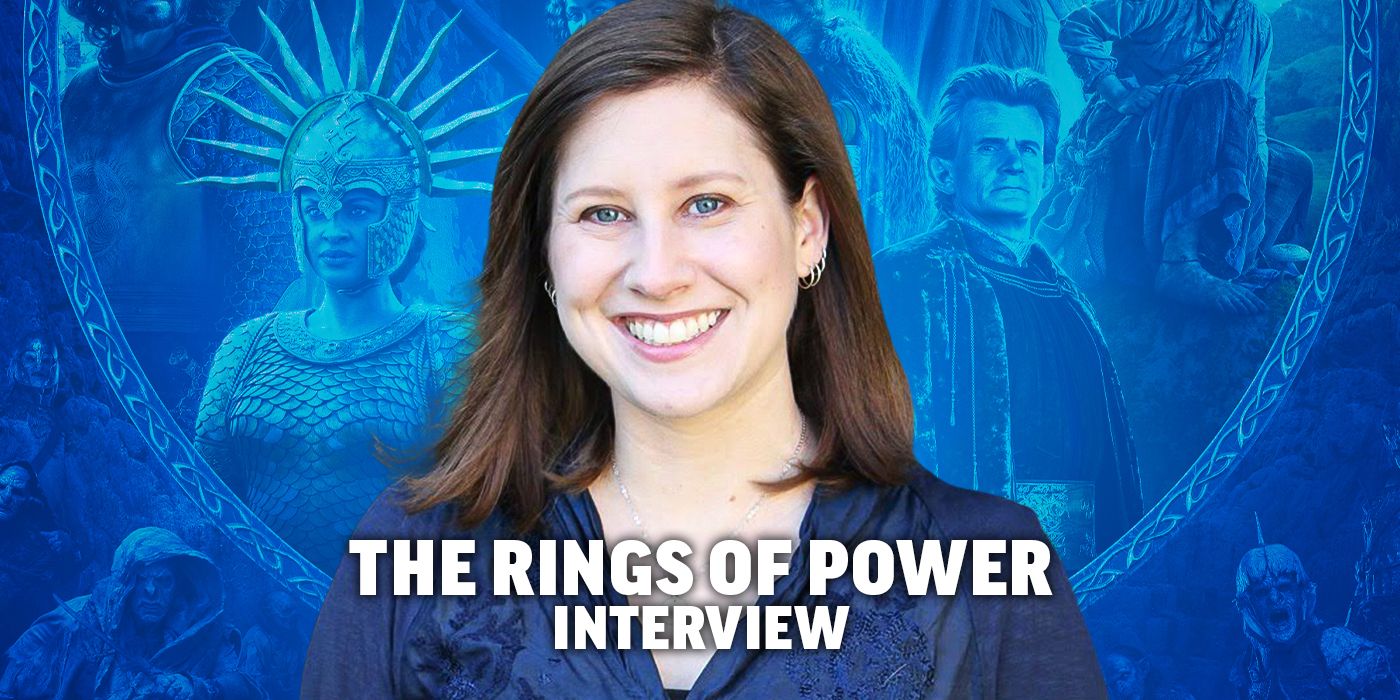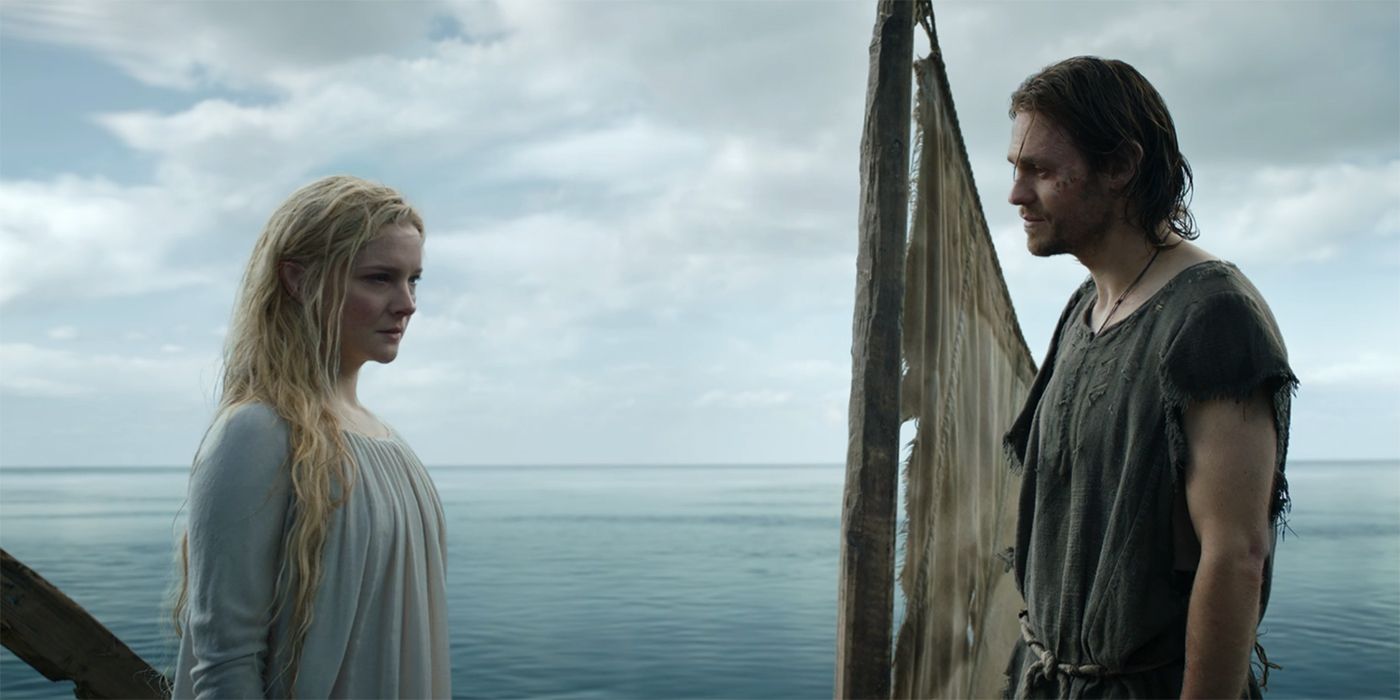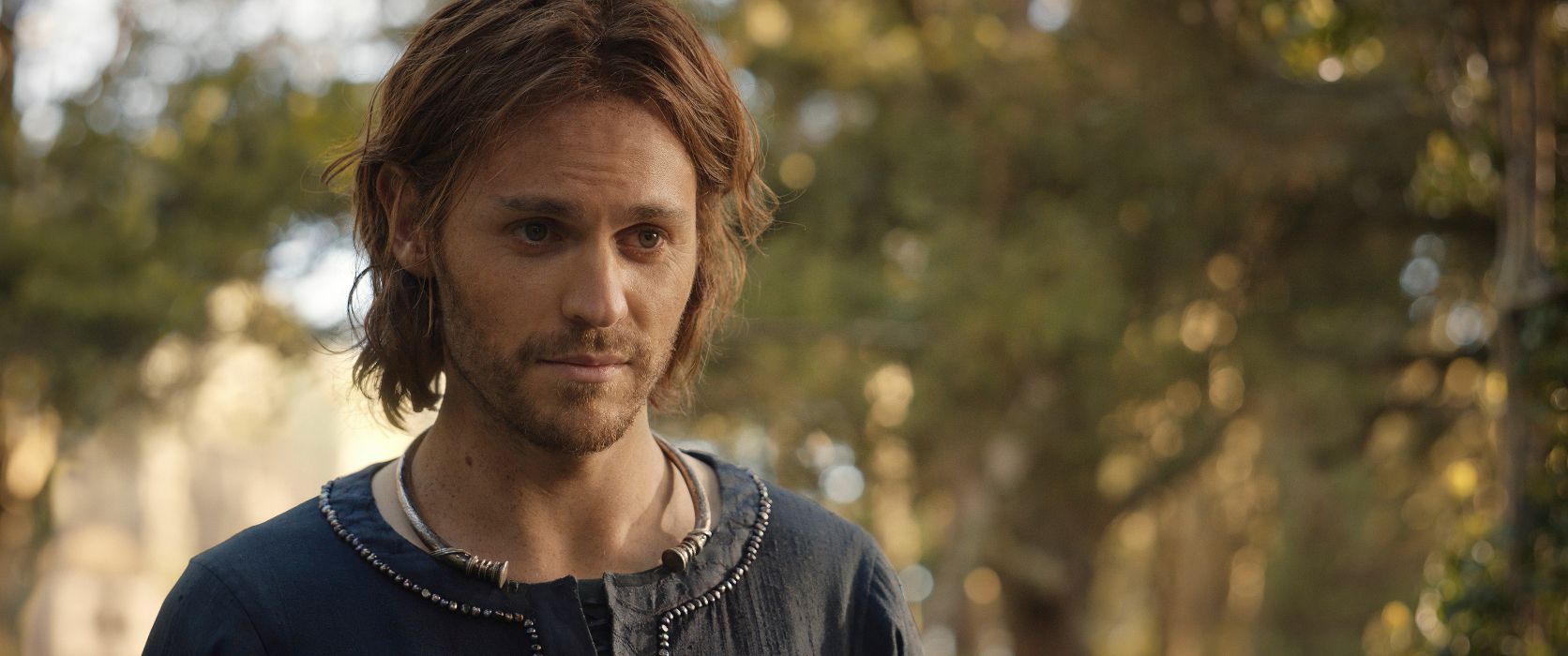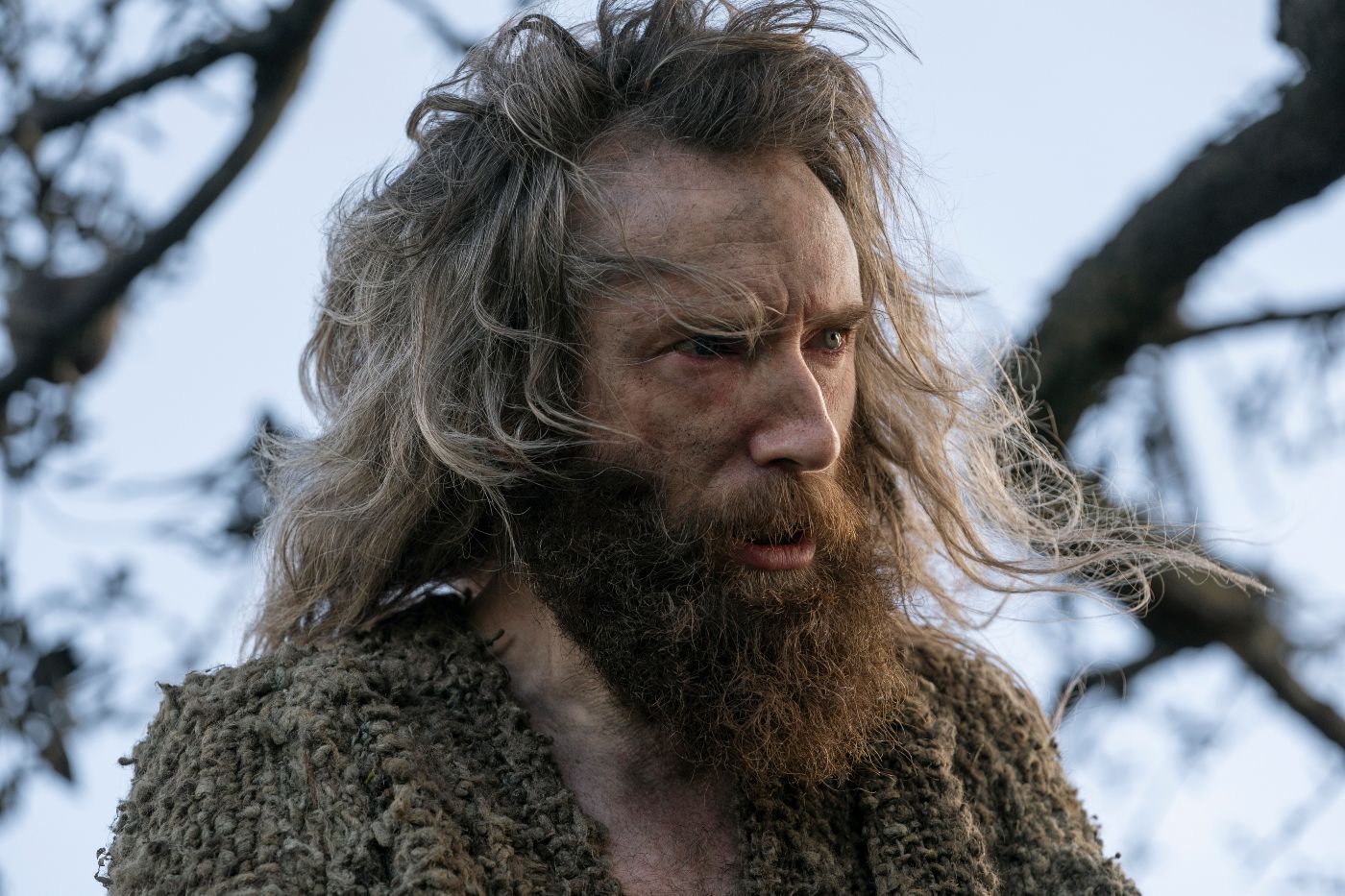Editor's note: The below interview contains major spoilers for Episode 8 of The Rings of Power.
From showrunners JD Payne & Patrick McKay, the Prime Video series The Lord of the Rings: The Rings of Power is set in the Second Age of Middle-earth’s history, thousands of years before the events of J.R.R. Tolkien’s The Hobbit and The Lord of the Rings and at a time when the Dark Lord Sauron, believed by all to have been defeated, is quietly planning his comeback. Following an ensemble cast of characters consisting of both familiar faces (like Galadriel and Elrond) as well as newcomers (the Harfoots, the Stranger, and Halbrand, to name a few), the first season, which consists of a total of eight episodes, has clearly only told the beginnings of the planned story.
With more to come (the series has already been renewed for a second season which is currently in production), Collider had the opportunity to speak with writer and executive producer Gennifer Hutchison. On the heels of the Season 1 finale, "Alloyed," dropping on Prime Video last week, Hutchison discussed the most pivotal moments of the episode she co-wrote with Payne and McKay, including why that sequence in Galadriel's (Morfydd Clark) mind serves as Sauron's sales pitch, how they wanted to approach this raft scene and any parallels to the characters' first encounter in "Adrift," and whether Sauron (Charlie Vickers) genuinely believes that Galadriel can pull him back from the darkness. She also discussed if that "follow your nose" line from the Stranger (Daniel Weyman) is meant to be a hint at his true identity, what the finale sets up for Season 2, and more.
Collider: Congratulations on the finale. I feel like I just ran the gauntlet of emotions watching this episode.
GENNIFER HUTCHISON: Thank you. I feel I ran the gauntlet of emotions writing it.
One of the biggest moments [in the finale] is we finally learn who Halbrand really is. It feels like there's a little bit of a seduction to it, as he's trying to lure her to his side. How did you and JD and Patrick want to approach the writing of those two sequences, when he's in her mind? The one with her brother, and then when they're on the raft together.
HUTCHISON: It's sort of his big pitch, right? This is the plan. It really was about paying off the emotion and the relationship between them. She's in this place of betrayal and anger and mad at herself and at him, and he's really coming from this place of, "No, no, no, no, no. This is good. It's all been leading up to this. This is what we've been doing all season. By combining our powers, look at what we've achieved. We could do so much more together."
It was really about trying to balance his genuine pitch and her feelings of, "This is the person I've been looking for, but this is also the person I've become closest to over this last amount of time." Some of what he says, does it sink in? Does she hear it and feel it? Because she's been fighting this darkness all season, that's something he's able to really key into. We wanted to walk her up to that edge, but then make sure we were pulling her back as well in a way that felt real for the character.
I know you wrote the episode where they're on the raft for the first time as well ["Adrift"]. Were there any intentional parallels that were dropped into the dialogue, or [connecting] the previous moments that they had on the raft with this one?
HUTCHISON: It was really nice being able to do the introduction of Halbrand and then the introduction of Sauron. I think it was about that dynamic — because when they meet on the raft, there's that distrust. They don't really know each other, they're sort of testing each other, but there's sort of an instant recognition too, of not necessarily power, but something important about this person. It was more just mirroring that dynamic of, "You've reversed it now," where it's like, "I fully trust you, and now I realize I was wrong to trust you," but there's still that recognition of connection and significance. You have to weave that, you're knitting all that together, and then you're kind of unraveling it in the same setting.
Sauron has this belief system that he wants to try and heal Middle-earth, and this is something that he reiterates to Galadriel multiple times. From your perspective, is that really his goal, or is he just seeking to rule? What is his endgame at this point?
HUTCHISON: I always sort of subscribe to the idea that a villain is rarely setting out to just be evil. There's always an intention behind it, however skewed that is. In his mind, he does want to heal Middle-earth, but also in his mind, he's the only one who can do it — or with Galadriel, he can. There is that sincerity in what he wants to do, but when she says, "You mean, rule it?" And he's like, "I don't see a difference," that's a genuine sentiment. There is that idea that the way to fix something is, "I need to go in and do it myself." Of course, as we know, that doesn't necessarily go well, as he expands over the course of the story to come.
Does he genuinely believe that she can keep him back from the darkness, or is he just trying to appeal to her innate belief that everyone has goodness?
HUTCHISON: One of the things I like about this is that you can actually read it either way and justify it. I personally like to believe that this is coming from a genuine place for him, but also, who knows what genuine really is for him? How deep does that really go when you're so... It does feel like he's a person who is innately corrupted from his former relationship. Again, you can read it both ways, but I think that he believes it's sincere in that moment. I like people being able to read it however they like to because again, Sauron is kind of... he's slippery, right?
The other big reveal that we get is not really more of a reveal, but teased out in the finale, which is who the Stranger is. Is that line at the end intended to be a hint about who he really is? Or is it more of a playful wink?
HUTCHISON: What I will say about that is that until the Stranger knows his name, because he still hasn't figured it out, we don't truly know his name.
Is there going to be any time jump between what happens in the finale and where we pick up in Season 2? Or are we just going to hit the ground running?
HUTCHISON: I can't speak specifically. I will say that, at the end of the season, we really set a lot of threads in motion. Whether they feel more immediate or more down the line, I think, is something that fans can kind of speculate [on] themselves. But the intent is definitely to follow those paths that we set in motion at the end.
Galadriel, now, is in a place [where] she's kind of had her worldview shattered in a lot of ways. How is this betrayal going to inform her journey moving forward?
HUTCHISON: Significantly, I would say. Now, as you said, she's inherently in a place where she's right to question all these decisions that she's made, and her own part in what happened, as he says to her on the raft. She's definitely in a place of introspection and dealing with responsibility — and following it, as she says, "I'm going to be the one to kill you," basically. That's coming from a place of... it's not just anger, it's also shame or frustration on her part.
The Lord of the Rings: The Rings of Power Season 1 is now available to stream exclusively on Prime Video.




